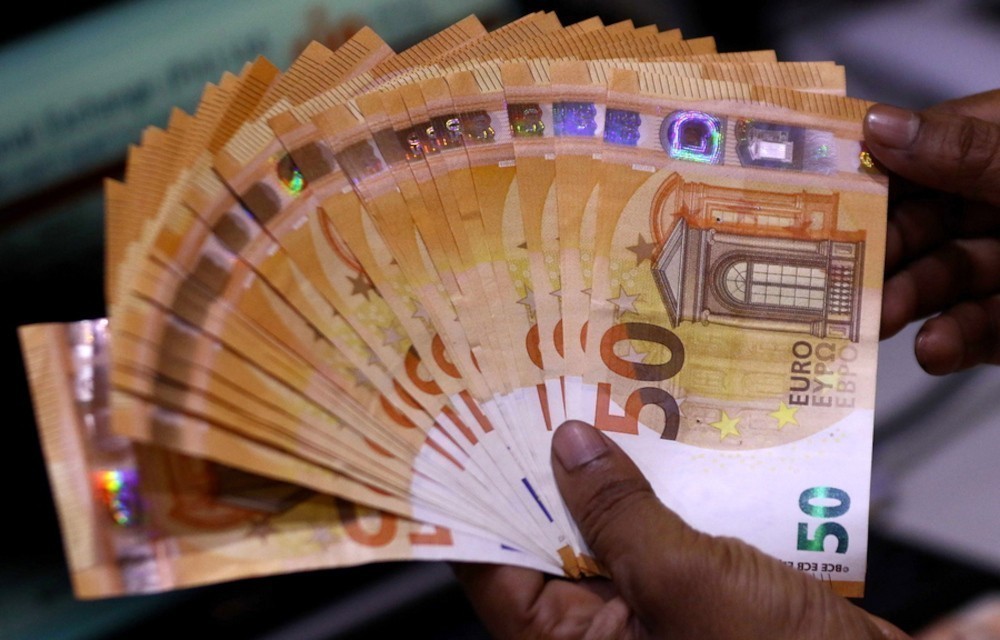
ENGLISH SECTION
19/05/2025 | 16:54
Greek economy consistently above the eurozone and EU average: EU Commission’s spring economic forecasts
The Greek economy is consistently above the eurozone and EU average, according to the EU Commission’s spring economic forecasts released on Monday, adding that it is expected to maintain its strong momentum and grow by 2.3% in 2025 and 2.2% in 2026,
The Commission is revising its growth estimate for Greece in 2024 upwards. From 2.1% last autumn, GDP growth in 2024 has been revised up to 2.3%. For 2025 and 2026, the Commission’s forecast remains stable compared to its autumn forecasts. GDP growth in Greece is expected to reach 2.3% in 2025 and 2.2% in 2026, “thanks to sustained consumption and increased EU-financed investment.”
Inflation in Greece is estimated at 3% in 2024 and is expected to moderate to 2.8% in 2025 and 2.3% in 2026, “with strong wage and demand developments continuing to put pressure on consumer prices.”
Inflation stand at 2.4% in the euro area in 2024 and will moderate to 2.1% in 2025 and 1.7% in 2026.
Unemployment in Greece reached 10.1% in 2024 and is expected to continue to decline to 9.3% in 2025 and 8.7% in 2026.
More specifically, the report said:
“The Greek economy is projected to maintain its robust momentum, and expand by 2.3% in 2025 and 2.2% in 2026, thanks to sustained consumption and EU-funded investment growth. Inflation is expected to moderate to 2.3% by 2026, with strong wage and demand developments still putting pressures on consumer prices. Greece achieved a significant budgetary surplus in 2024, which is set to be sustained over the forecast horizon. Helped by robust nominal GDP growth, the debt-to-GDP ratio continues to fall and is expected to reach 140.6% in 2026.”
Economy maintains momentum despite headwinds
In 2024, Greece’s economy expanded by 2.3%. This was largely fuelled by private consumption, investment and the buildup of inventories. Despite the contractionary fiscal stance, the increase in domestic demand was strong and implied a significant rise in imports, whereas exports grew at a slower pace. Hence, net exports weighed on economic activity.
With the progress of the recovery and resilience plan, EU-funded investments are expected to be significant in 2025 and 2026. Together with sustained robust consumption, supported by steady income growth, these are expected to be the main drivers of economic growth. Import demand is set to remain strong, given the high import content of investment. Overall, GDP growth is set to continue exceeding its long-term potential, with rates of 2.3% in 2025 and 2.2% in 2026. The Greek economy is expected to be only mildly affected by the U.S. tariffs due to its relatively weak direct and indirect trade links with the United States. However, risks to the growth outlook increased and are tilted to the downside, as a persistent increase in trade and geopolitical uncertainty together with the deterioration of the global economic outlook could weigh on Greek exports, especially tourism.
Source: ANA – MPA









